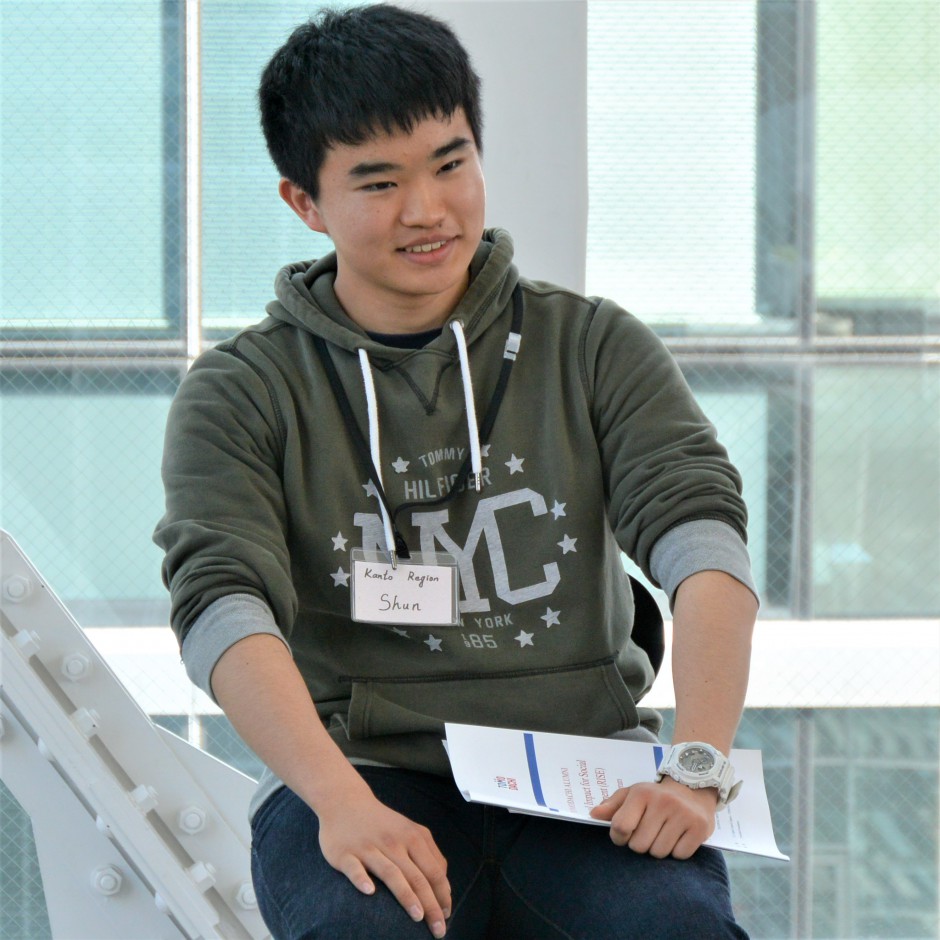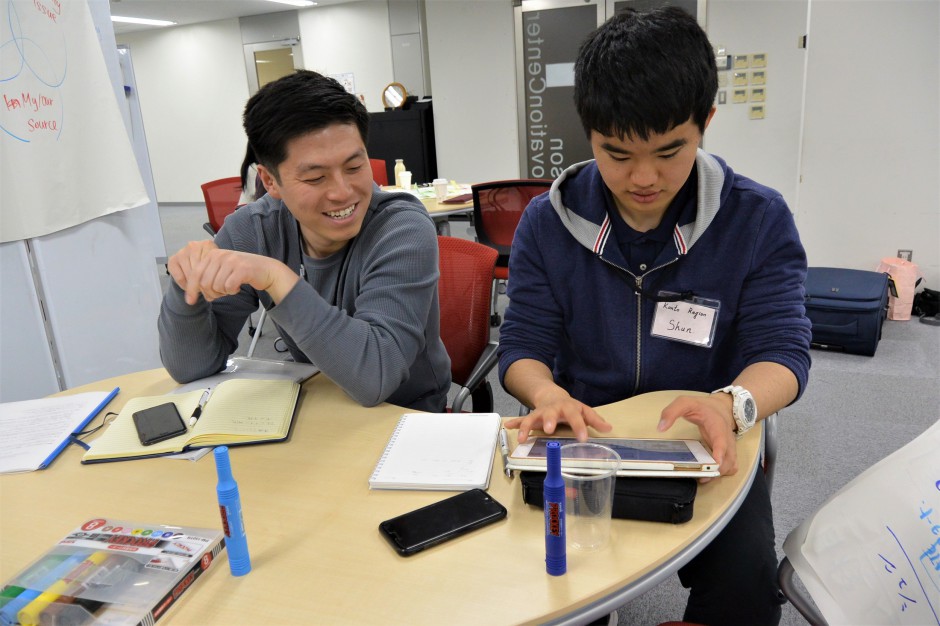Q&A with TOMODACHI Program Participants and TOMODACHI Alumni: Shunsuke Watando

For this interview, we spoke with Watando Shunsuke, alumnus of the 2018 TOMODACHI U.S.-Japan Youth Exchange Program and 2019 and 2020 TOMODACHI Alumni Regional Leader, Kanto Region. Since Mr. Watando visited a biogas center in Minami Sanriku-cho as part of his TOMODACHI program, his interests and concerns toward food waste have grown to include ways to turn food scraps into valuable energy. From this experience, he planned and held a TOMODACHI Alumni event themed around food waste.
Q1: What have you been doing recently?
I enrolled in University in April, 2020, but due to the coronavirus (COVID-19) outbreak, I’m attending classes online. Because of this, I haven’t picked extracurricular activities or clubs. I hope the entrance ceremony with other new students will be held September.
Q2: What has been the most memorable moment in your involvement with TOMODACHI? Please share your story with us.
During the U.S. trip, I saw how friendly everyone was — people will say hello to anyone — which is nothing special in the U.S., but is uncommon in Japan. It was a small experience that had a huge impact on me as I saw a remarkable cultural difference. At the same time, I was able to see the narrowness of my own views and change some cultural stereotypes I had. I couldn’t have had such an experience if I had only stayed in Japan.
Q3: Could you tell us what you learned from your TOMODACHI program?
I learned the importance of having diverse viewpoints and a flexible imagination, and the value of getting to know and building a network with new people outside my own groups. Also, the importance of my relationship with my Regional Mentor who supports me to do my best. He always reminds me of the importance of reporting, contacting, and counseling.

Q4: How have you changed since your TOMODACHI program?
Thanks for the experience of TOMODACHI program, I am able to consider and find the best ways for me to explore new ideas as much as possible, because my ways of thinking have broadened. I have more mature judgment and wider views than before. At the same time, I have redoubled my efforts to be careful. When I have to make a final decision, the most important things are to pick the choice I will not regret and implement my ideas smoothly.
Q5: What does leadership mean to you?
There are various kind of leaders, but to me, leadership means building trust with others and being someone willing to make the right decision and take action. Therefore, we need to develop strong and trusting relationships. And we also need to listen to opinions from others before making decisions and communicate with those both inside and outside our organizations.
Q6: What are your future goals or dreams?
Do you have a picture of your future? In the future, I would like to work in law or international relations. If possible, I would like to focus on issues of food waste in my future career! In my life, it matters who I share moments with and who experiences events at the same time as me. I would like to cherish the relationship between the people who I shared my [TOMODACHI] experiences with for years to come.


